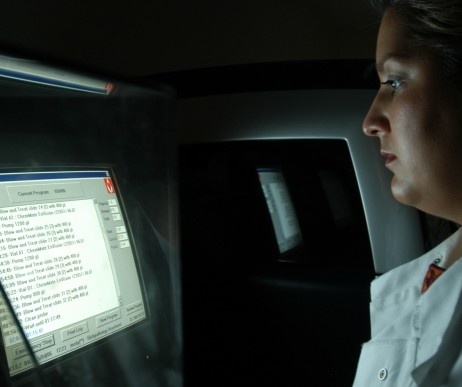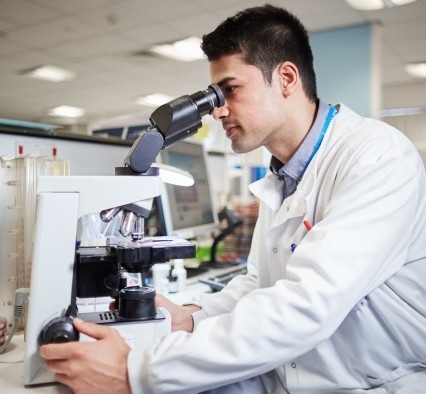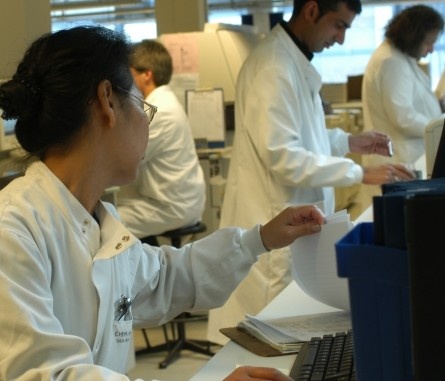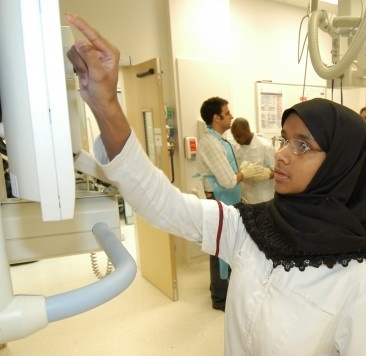Your Career
Rapid advances in science and technology mean this is now one of the most exciting, challenging and rewarding areas of the health system.
Healthcare Scientists
Healthcare science staff play a vital role in the prevention, diagnosis and treatment of a huge number of medical conditions, as well as in rehabilitation.
On a day-to-day basis, the NHS relies on the healthcare science workforce to gather information about patients, recommend the best treatment and, in many cases, administer it themselves. They contribute to 80% of decisions about patient treatment.
At the same time, they are continually developing and testing more sophisticated technology and techniques. Today’s scientific advances will form the basis of tomorrow’s treatments, providing safer and more effective ways to diagnose and manage medical conditions.
Whatever your academic background, if you have an interest in science, you can find a role that’s right for you.
Search Jobs
Clinical bioinformatics
Clinical bioinformatics is an area of healthcare science responsible for developing and improving methods for acquiring, storing, organising and analysing biological data that supports the delivery of patient care.

Life sciences
Life science staff play a major role in the delivery of healthcare. Whether they are helping couples with IVF or supporting doctors and other healthcare professionals in the diagnosis and treatment of disease, they are a crucial part of the team.

Physical sciences & biomedical engineering
Healthcare science staff in this area develop methods of measuring what is happening in the body, devise new ways of diagnosing and treating disease, and ensure that equipment is functioning safely and effectively.

Physiological sciences
Staff in Physiological sciences use specialist equipment, advanced technologies and a range of different procedures to evaluate the functioning of different body systems, to diagnose abnormalities, and to direct and in some case, provide therapeutic intervention and long-term management and care.
Please note that all content on this page is copyright of Health Education England.

